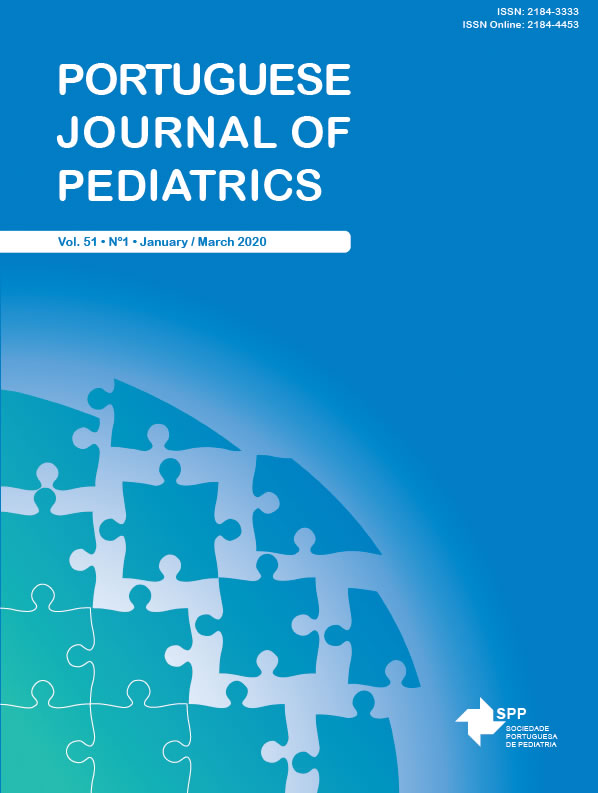Systematic Review on the Performance of the Movement Assessment Battery in the Preschool Assessment of Preterm Infants
Date of submission: 24-02-2019 | Date of acceptance: 08-08-2019 | Published: 27-01-2020
DOI:
https://doi.org/10.25754/pjp.2020.17238Abstract
Introduction: Children born before 38 weeks gestation are considered preterm. According to the World Health Organization, there are several subgroups according to the gestational age and several risks related to the preterm status have been reported. Premature birth may cause changes in motor performance and particularly, at a more specific level, in motor coordination. Our study aimed at carrying out a systematic review on the performance of the movement assessment battery and developmental coordination disorders in preschool age in preterm infants.
Methods: Four databases (PubMed, ScienceDirect, Web of Science, Scopus) were systematically investigated and publications from 2008 to 2016 were included if the movement assessment battery band 1 tests were used. All of the studies found less performance on the results of preterm children. Three authors independently assessed the eligibility of the studies.
Results: A total of 236 publications were found, with 15 publications being selected according to the criteria included in the research. Only seven articles were selected after the application of the eligibility criteria.
Discussion: Movement assessment battery shows that premature children are at a higher risk of having changes in motor coordination, resulting in lower preschool performance and, consequently, hampering daily routines, both at home and in school compared to their peers that were born full term. It is pivotal for motor difficulties to be detected as early as possible, so
that they can be attenuated or even eliminated during the transition to school.









